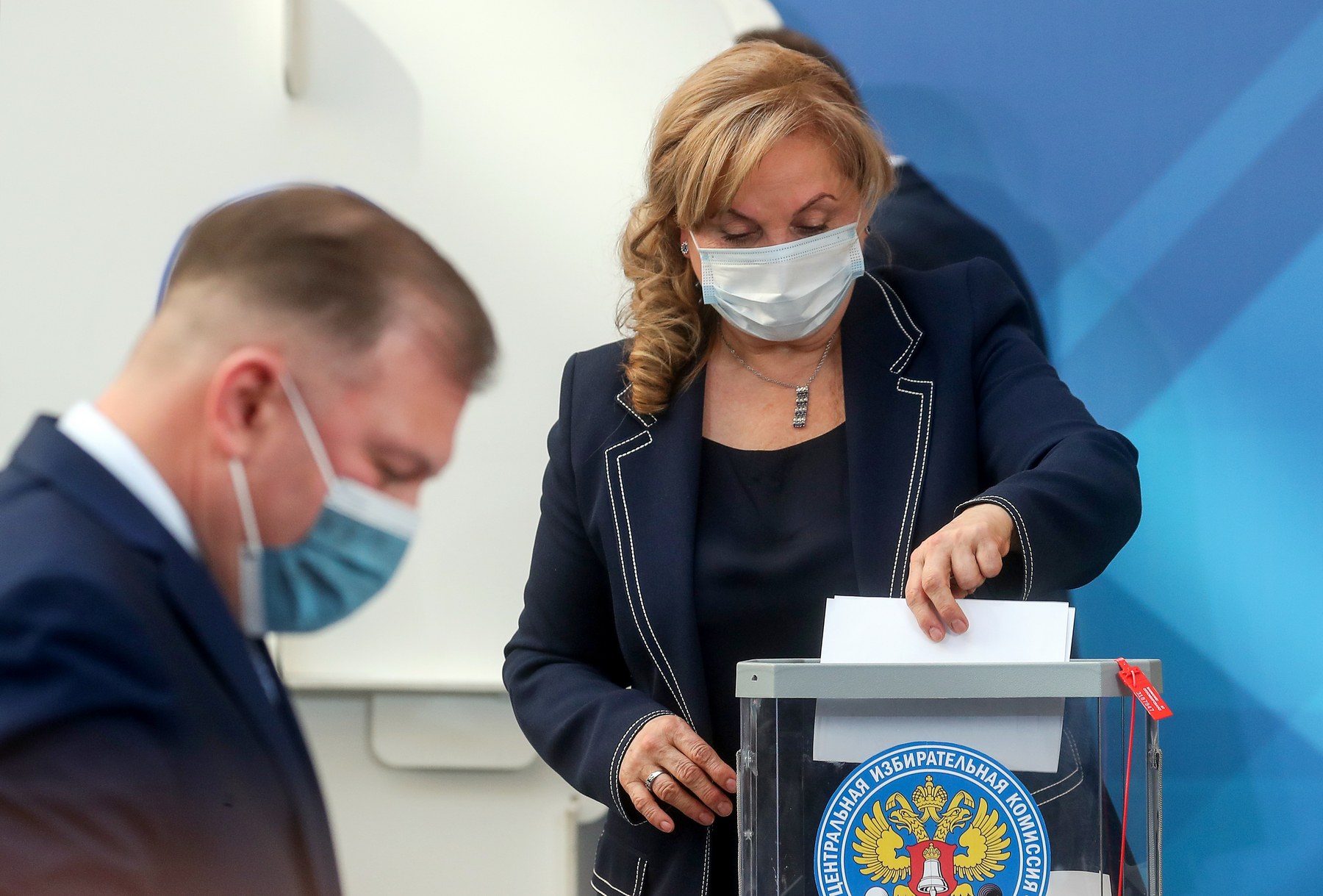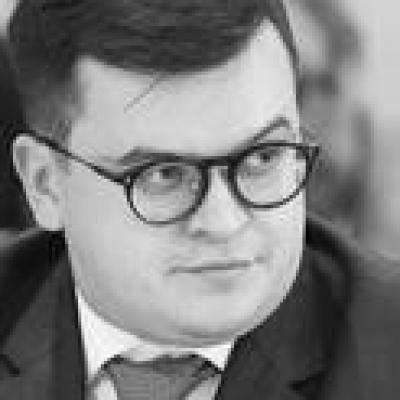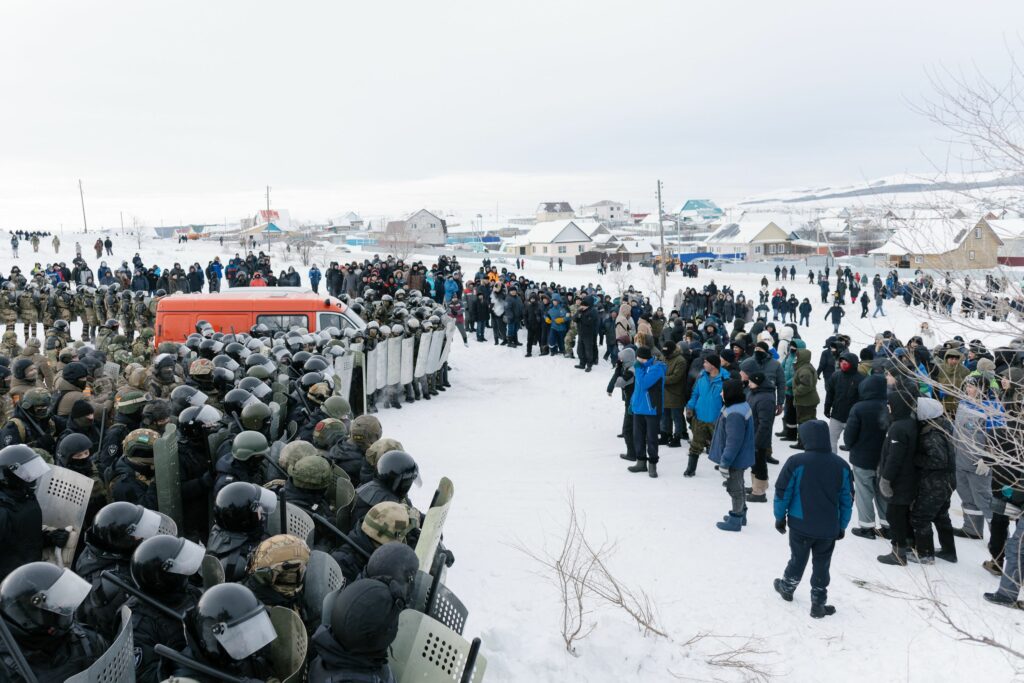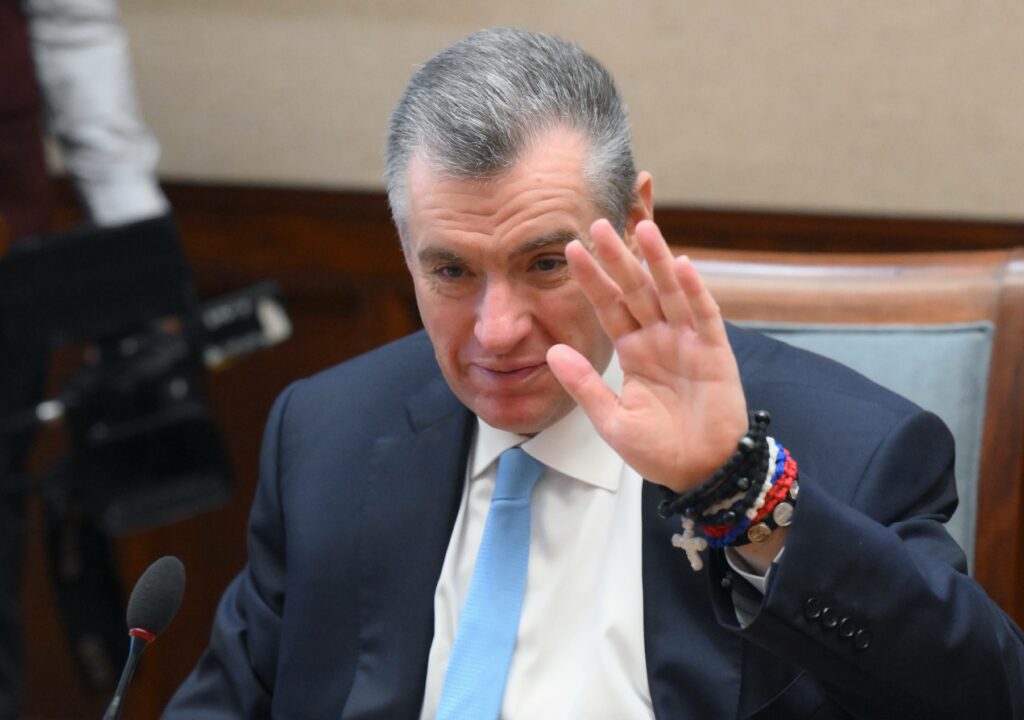On June 22, the Golos election monitoring group reported that around nine million Russian citizens are denied the right to run for office. That number is likely short by several million: nearly one in ten Russians aged 18 and up cannot stand for even the most minor of electoral ballots.
Who are the new ‘lishentsy’?
In the Soviet Union, lishentsy (literally, the deprived) were citizens without political rights. In the 1920s and early 30s, they included rich peasants, members of the clergy, former tsarist officials, and other groups opposed to the Bolsheviks. Modern-day Russian authorities have a similar mindset. Lacking confidence in their electoral popularity amid socioeconomic stagnation, they favor a tougher, arm-twisting approach to guiding the country’s internal politics.
Some of the most ‘globalized’ Russians consequently saw their political rights deprived. Dual citizens and Russians with residency permits abroad often stand out from the political mainstream. Germany, Moldova, and Israel are the most popular countries for Russian expatriates according to the Russian Central Election Commission. In Moldova, this mostly includes residents of Transnistria who hold Russian passports (and where elections are notoriously opaque). But in Germany and Israel, the Yabloko Party came second in the 2016 Duma elections, gathering 24.5% and 28.6%, respectively. The United Russia Party got 37.5% and 40%.
With these results, it is not surprising why so-called ‘foreign’ Russians have become the largest group of lishentsy. No one knows their exact number. In 2015, the Federal Migration Service estimated that around six million Russians were obligated to report their dual citizenship or foreign residency permit to the Russian government. It is unknown how many Russians received a foreign citizenship or residency since then. Amid the shut borders of the pandemic, interest in obtaining a second passport has undeniably grown.
Even Russians without a foreign citizenship or residency cannot stand for elections if they maintain bank accounts or other financial assets abroad. Anyone whose main income comes from abroad is likewise ineligible. This includes, for instance, Russian teachers at foreign universities or musicians in European orchestras.
In short, the authorities have simply disqualified its most problematic electorate from the ballot.
How to deny the right to run in elections
Those sentenced under any of the 400 or more criminal or administrative offenses make up the second category of lishentsy. Citizens convicted of ‘especially grave’ and ‘grave’ crimes cannot participate in elections for 25 and 18 years after the end of their sentence, respectively. Counting the number of convicted citizens since 2010, Golos’s estimate falls a bit short. It does not include those still deprived of political rights for convictions made in the late 1990s.
One of the most common methods to sideline potential candidates is a narcotics crime allegation. The drug-planting case with Ivan Golunov was the most infamous example in recent years. Over 300,000 people were convicted for such offenses in 2010-2020. Maxim Reznik, a well-known opposition figure in the St. Petersburg Legislative Assembly, was accused last month of possessing marijuana for personal use.
Since 2010, around 100,000 people have been convicted of fraud. These ‘entrepreneurial’ offenses are handy in sentencing businessmen – in other words, the most resourcefully independent Russians. Financial crime allegations have been part and parcel of political warfare in recent years. Alexey Navalny and his supporters were charged with donation fraud. Just last month, opposition politician Dmitry Gudkov went into exile in Ukraine and withdrew from elections after being arrested on unpaid debt charges. Ketevan Haraidze, a municipal deputy in Moscow, is in jail at the time of this writing. Two deputies allied with Sergey Furgal, the jailed former governor of Khabarovsk Territory, also faced arrest for embezzlement.
Contrary to Council of Europe norms, electoral rights in Russia are not decided in court. Without consideration for their alleged crime’s danger to the public, convicts immediately get the maximum and unconditional disqualification from office. This results in absurd situations when the court notes the low degree of a crime that yields a relatively low fine (around 1,000 rubles), but automatically deprives the citizen of a major political right.
Persecution for politics
Obviously, not all of Russia’s nine million lishentsy planned to run for office. Nevertheless, standing for elections is not a right to take lightly. Over 106,000 candidates took part in local elections in 2019 alone. To target these active citizens, there are a few special offenses to weaponize in court: extremism and repeat participation in unapproved demonstrations.
In the last decade, 3,363 people were sentenced for extremist crimes. The figure for administrative violations related to extremism is even more impressive: 4,096 in 2020 alone. As a rule, authorities use these laws to target activists and incumbent politicians.
For example, on March 3, 2021, a Tobolsk court found Communist regional deputy Yury Yukhnevich guilty of sharing an “extremist” video by Alexey Navalny. The court fined Yukhnevich 1,000 rubles. It also disqualified him from running for office. In 2020, 34 more citizens were sentenced for administrative violations after sharing the same video. All automatically lost their right to be elected.
In August 2020, a court in Naberezhnye Chelny sentenced Lev Burlkakov, a left wing, antifascist activist, to ten days in jail and a 1,000 ruble fine for “demonstration of Nazi symbols” (Article 20.3 of the Russian Administrative Code). His offense? Three of his satirical online posts contained a swastika.
The most pressing threat to electoral rights is the new law passed in the State Duma on May 26 of this year. It came less than a month before the start of campaign season for the September elections. The law denies the right to participate in elections to citizens who are found to be “associated” with organizations that the Russian government labels “extremist” or “terrorist.” The most prominent targets on this list were organizations founded by Alexey Navalny, designated extremist on June 9.
It is impossible to predict how many more people will fall into this list. But it could potentially target hundreds of thousands of politically active citizens. “Association” with an “extremist” group can be interpreted as anything from online support to donations made to the group before it was banned. Although this “association” should be established by courts, there is no procedure for them outlined in the law. There is a danger that courts will be able to exploit this power in unrelated cases. To bar someone from office, it could be enough to have their name mentioned in court proceedings around an alleged extremist group. Or a person, while on trial for unrelated offenses, could be found to have supported an extremist group by simply having discussed its political activity or attended its events.
Another crime barring Russians from ballots is repeat participation in mass demonstrations. It is unique because a citizen automatically gets sentenced if they collect three administrative fines for attending protests within a year. The court proceedings hardly leave any room for defense. This is how one of Moscow’s most outspoken lawmakers, Yulia Galyamina, lost her right to run for office in December 2020. The ruling also pushed her out of the city legislature.
Around 17,600 people across more than 125 cities faced detention after attending pro-Navalny demonstrations last winter. Over nine thousand administrative and 90 criminal cases have been filed. All of these people could now lose their right to stand for office, and in the middle of an election season at that. Many active politicians (mostly liberals and communists) are among them.
As we have seen in 2020, it is easy to charge an active candidate with protest violations. Thanks to the “epidemiological situation” of the pandemic, authorities can even ban campaigning. The candidate then has to decide between abandoning the campaign trail or committing a violation. This is how Semyon Kochkin, a candidate for the Cheboksary legislature, lost his place on the ballot. He faced four administrative counts: calling for an unapproved event, conducting the event, and two for putting up campaign posters.
The consequences of disqualification
With the expanded scope for electoral disqualification and via control of judicial processes, the Russian authorities wield a powerful tool to sideline practically any present or future candidate from elections. Today’s number of citizens barred from politics far exceeds the number in Soviet times. It is even more concerning that some of Russia’s most active, globally linked, and future-minded citizens find themselves in this group.
The very threat of being under investigation deters potential candidates from participating in elections (such as Evgeny Roizman) or forces them to lower their ambitions. This explains why Vladimir Ryzhkov and Ilya Yashin, who could have been serious candidates for the nation’s parliament this year, decided to just settle for the Moscow City Duma.










